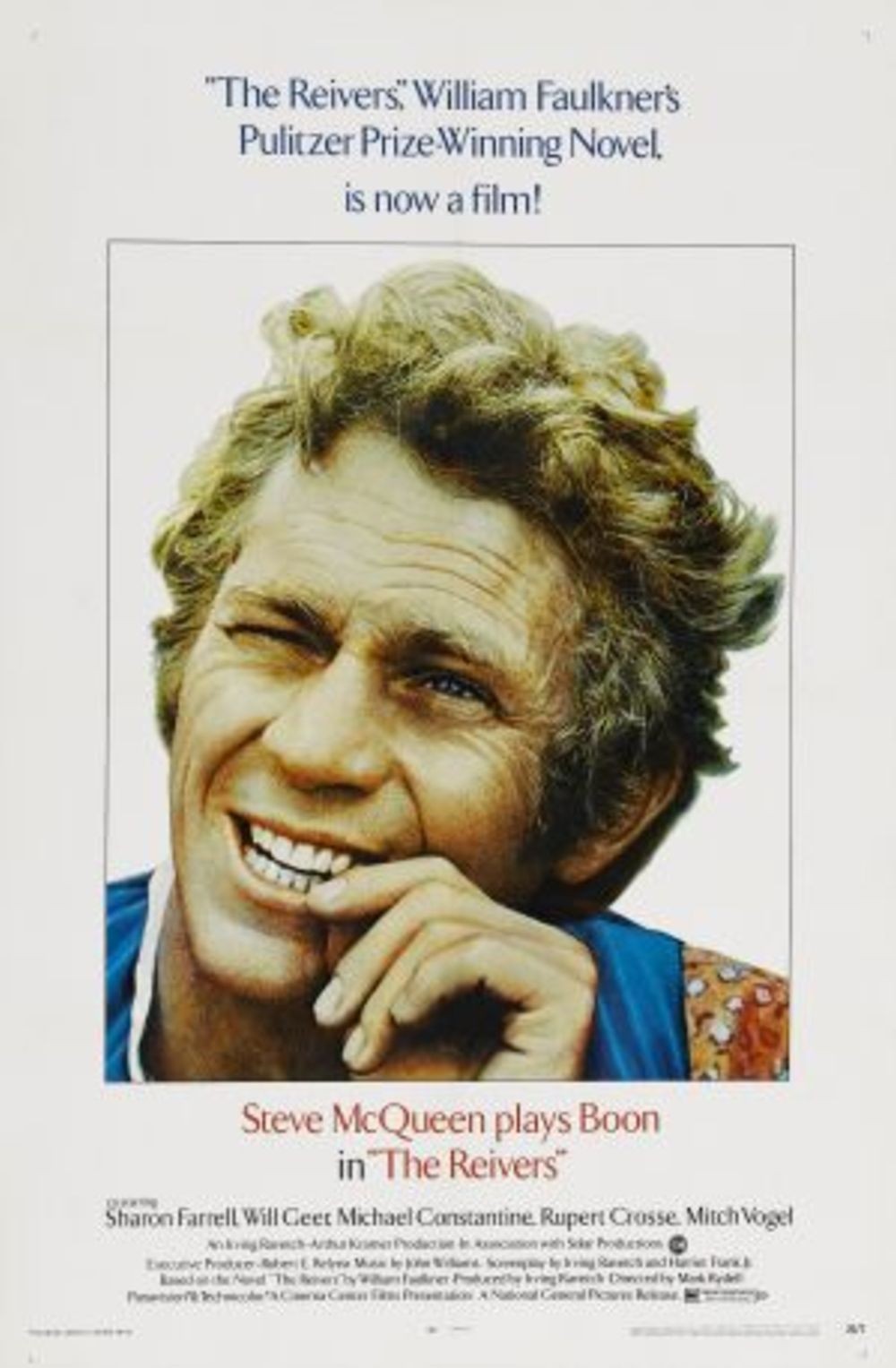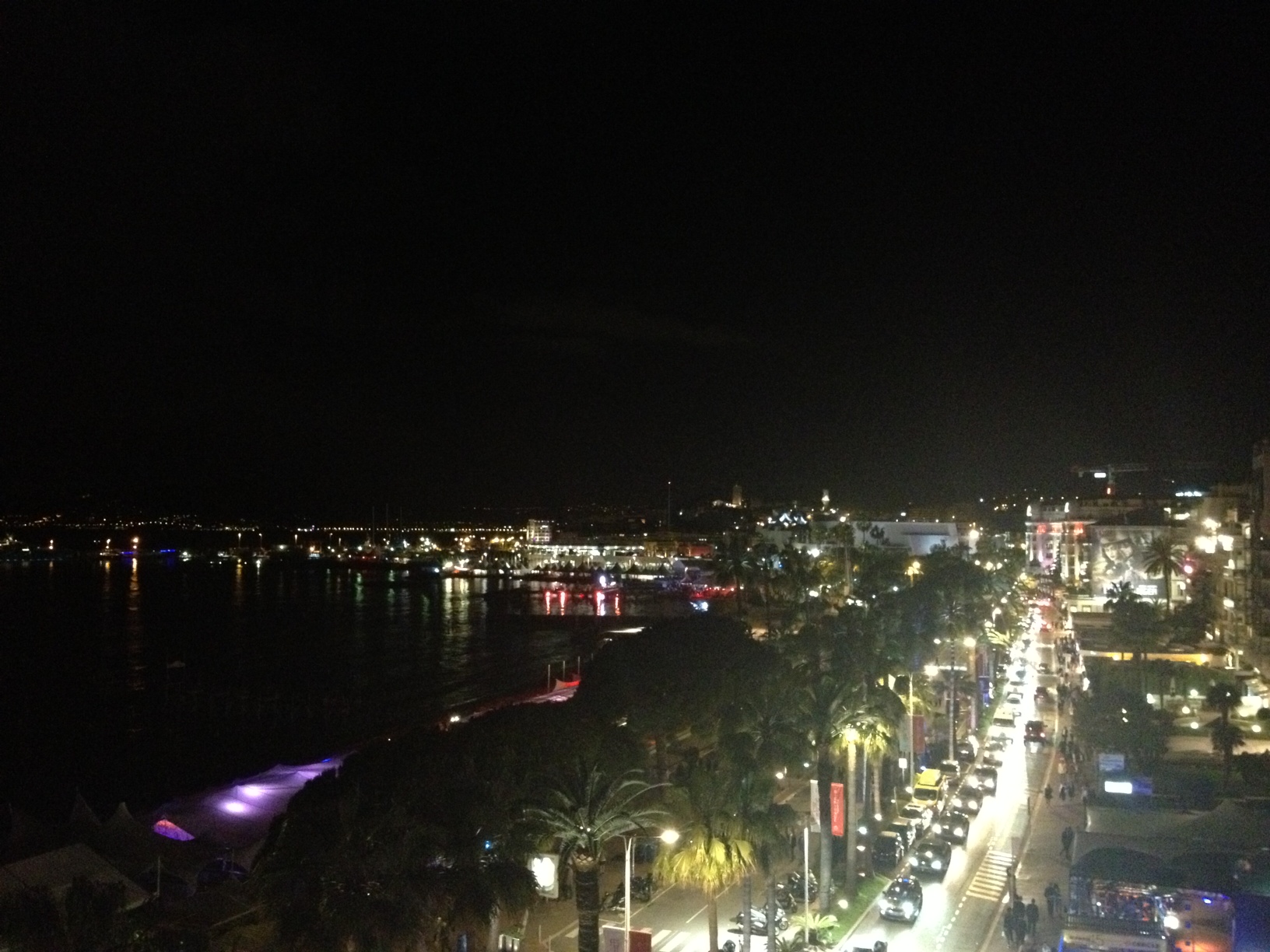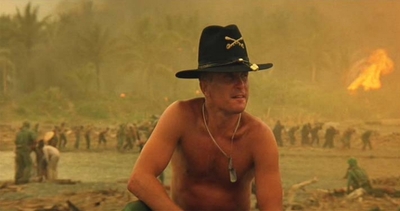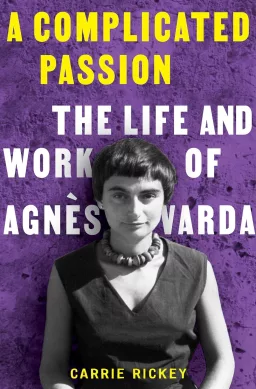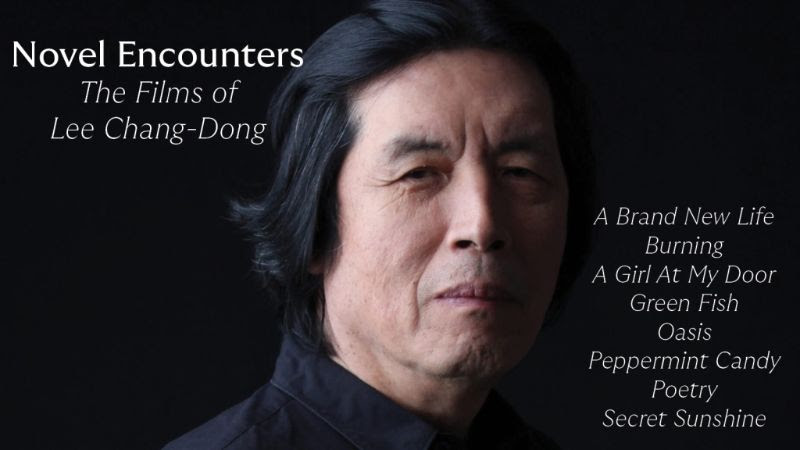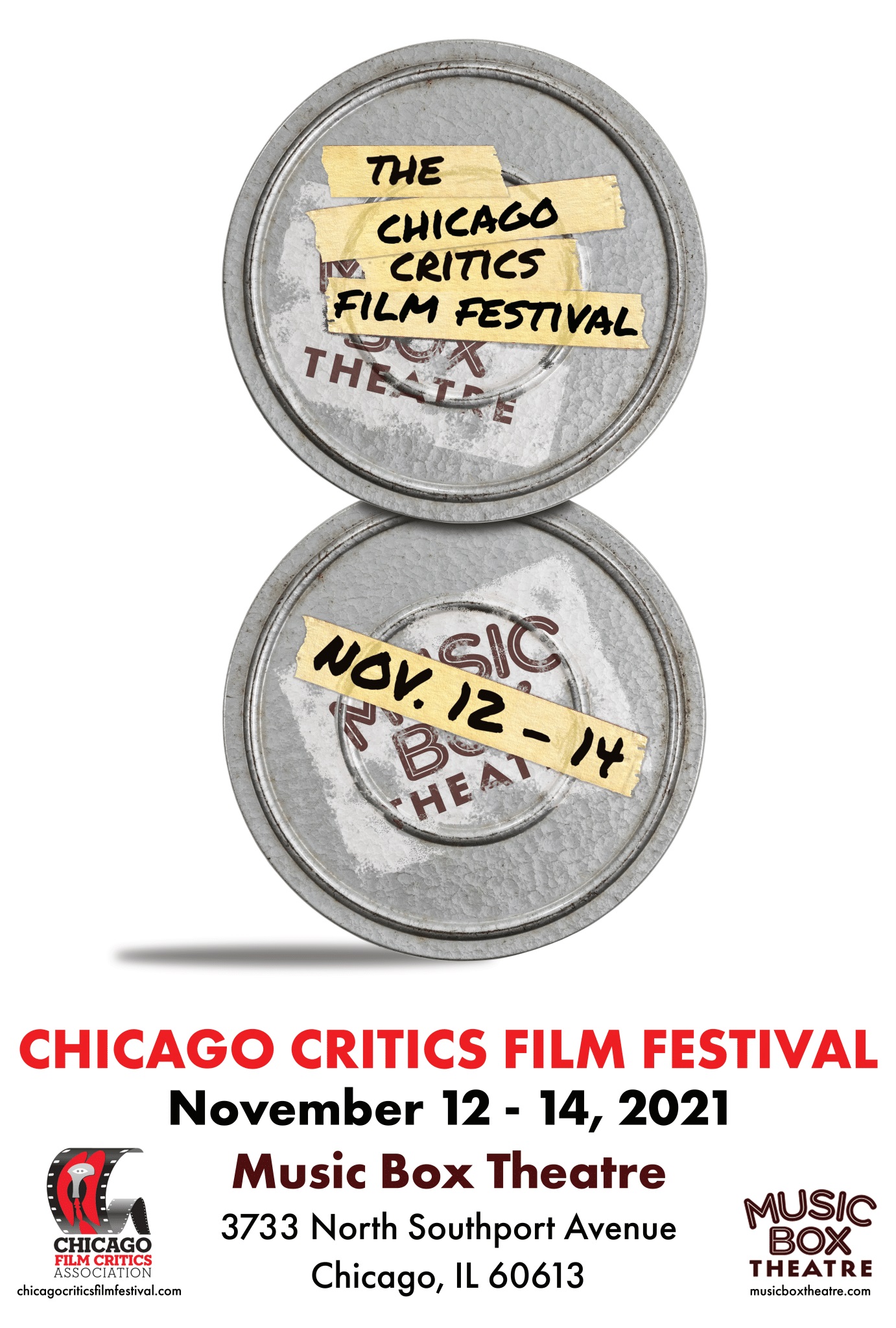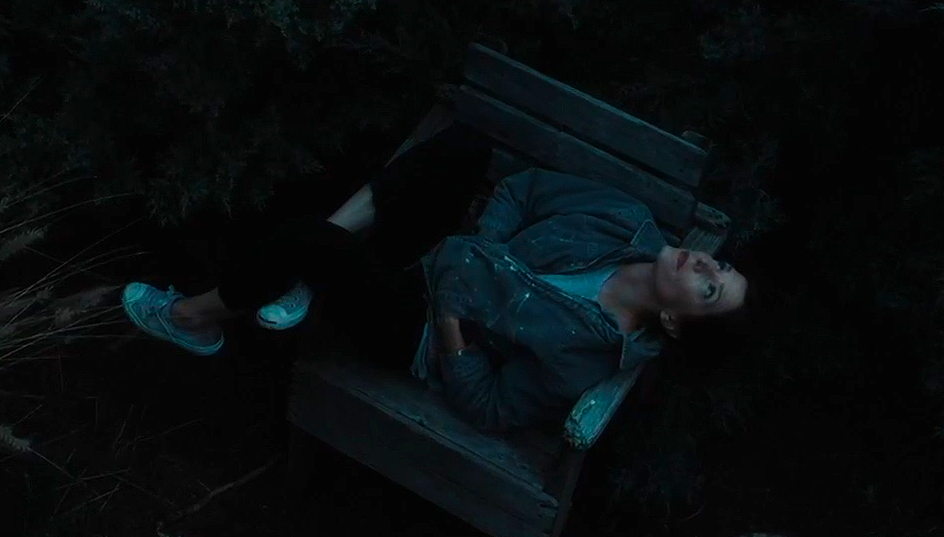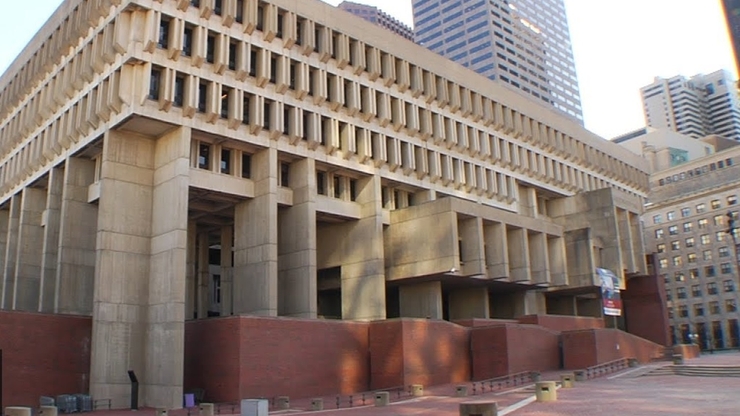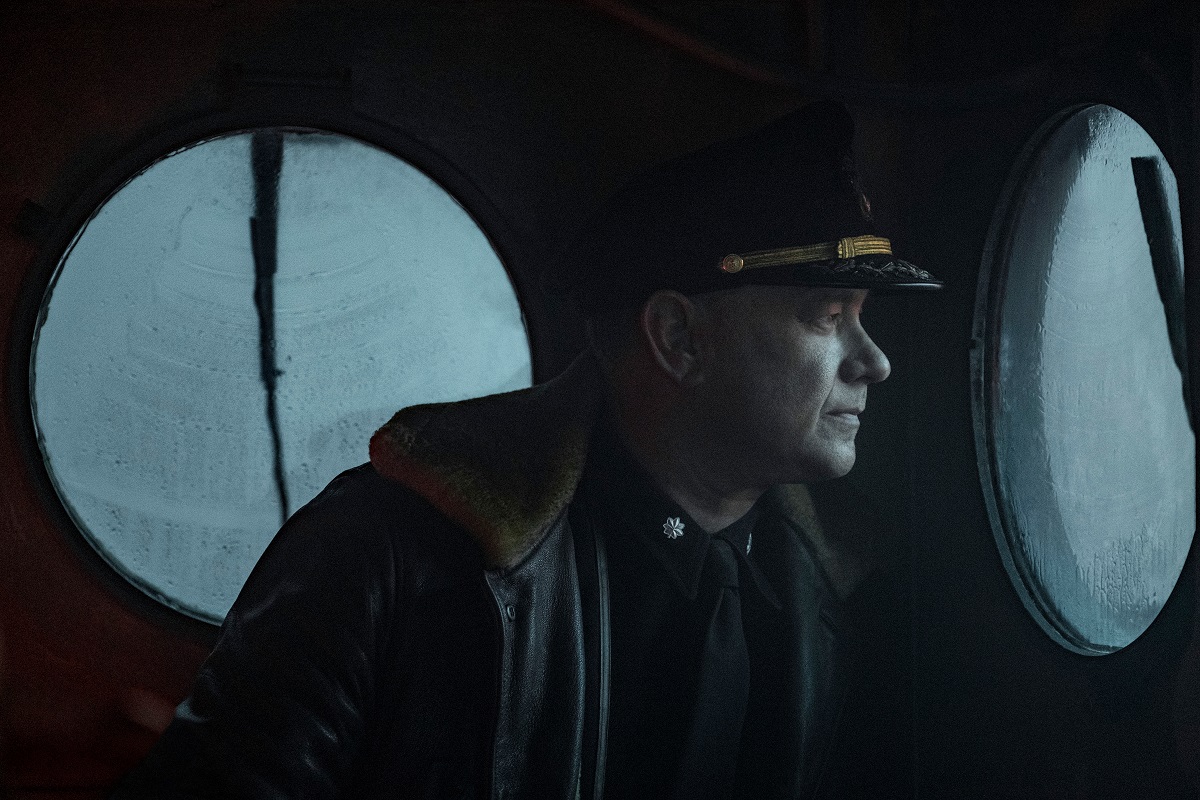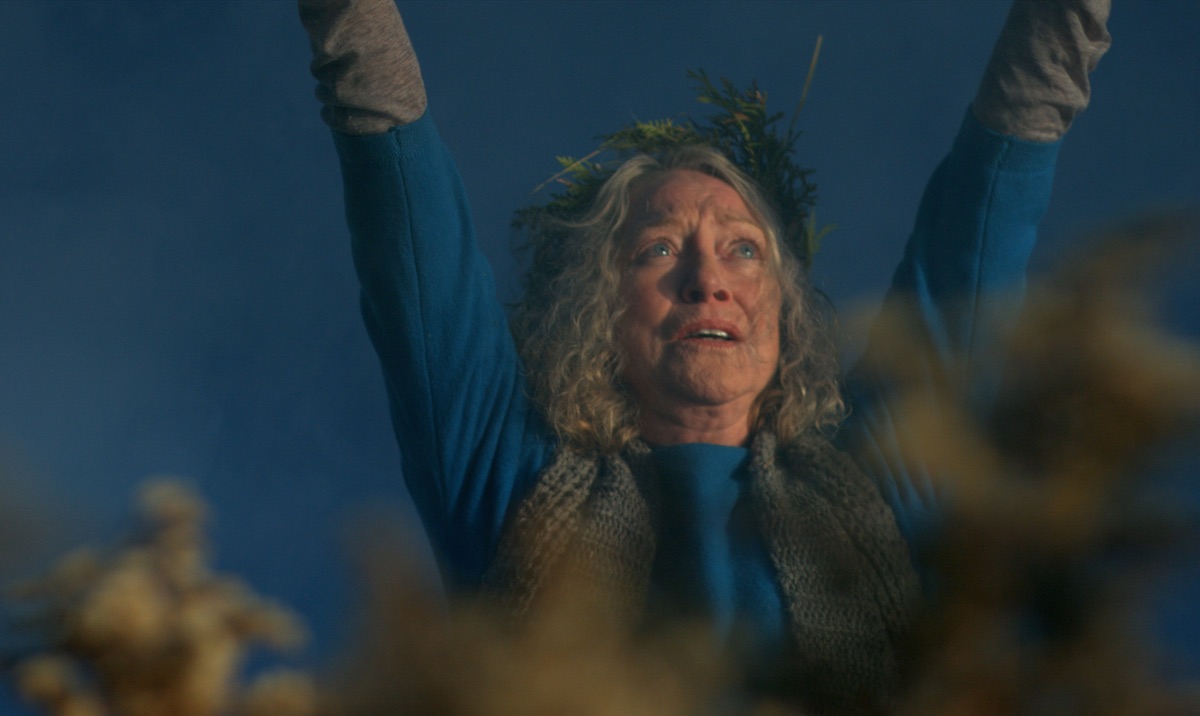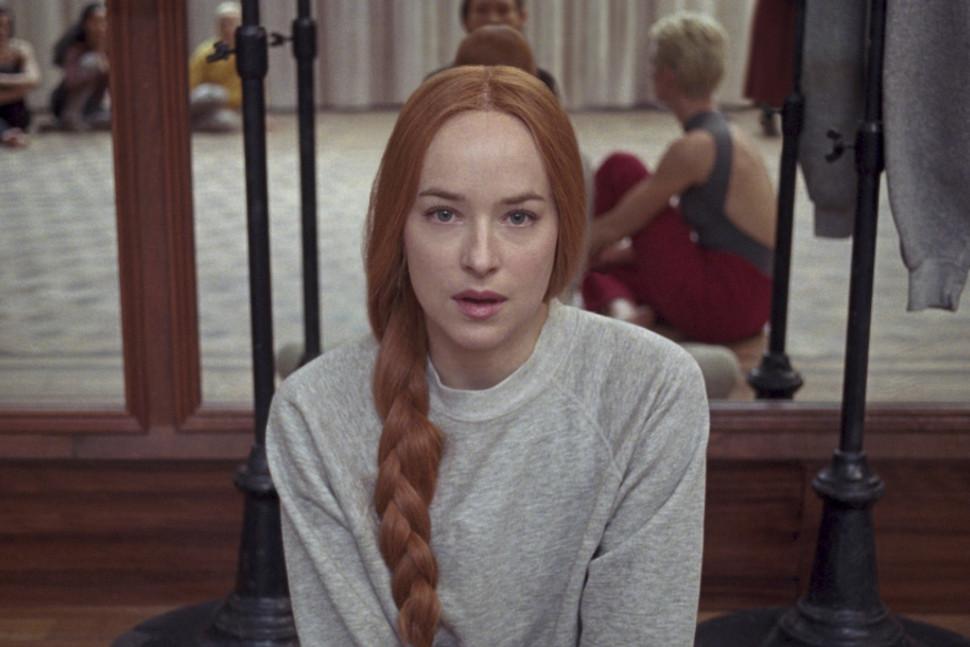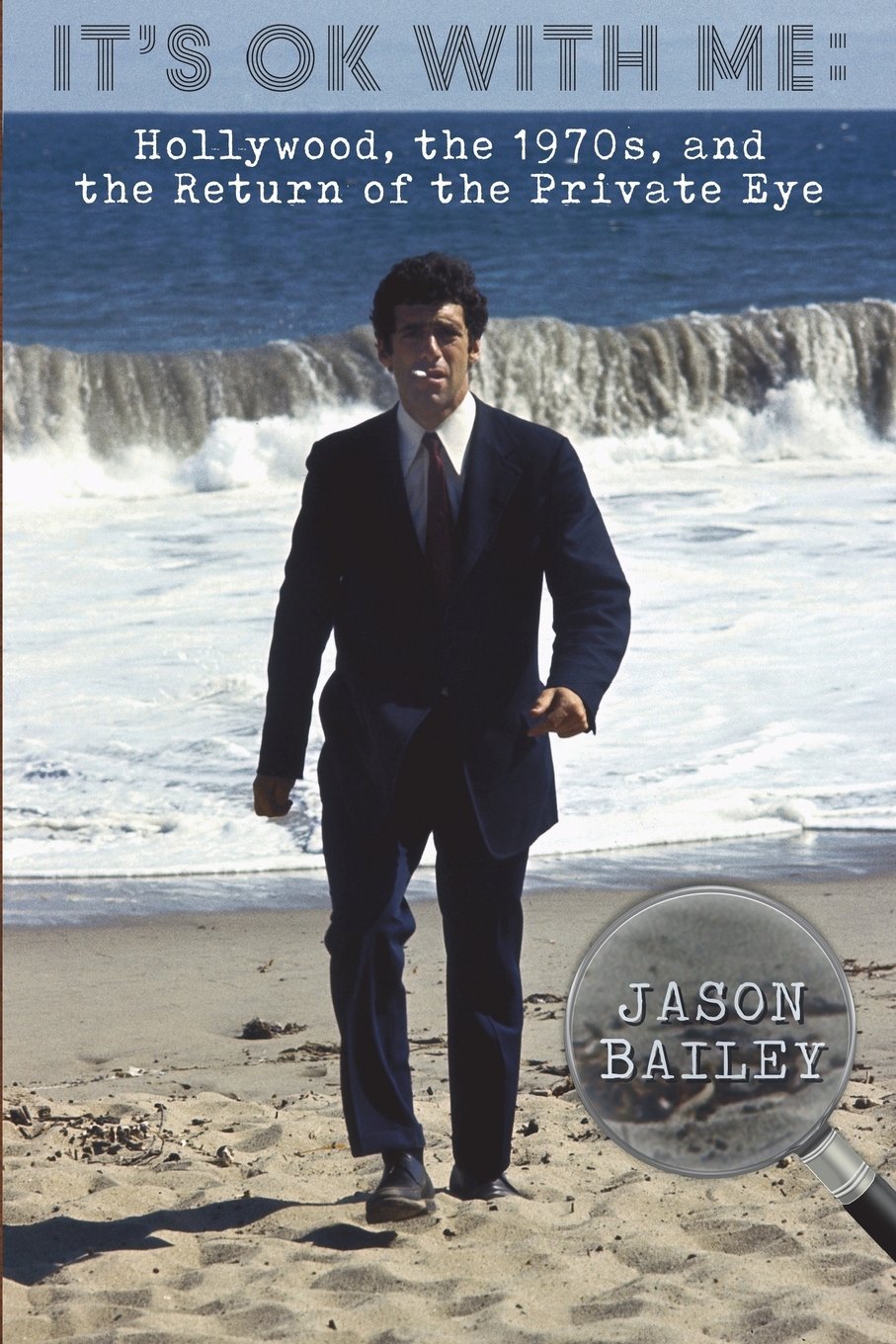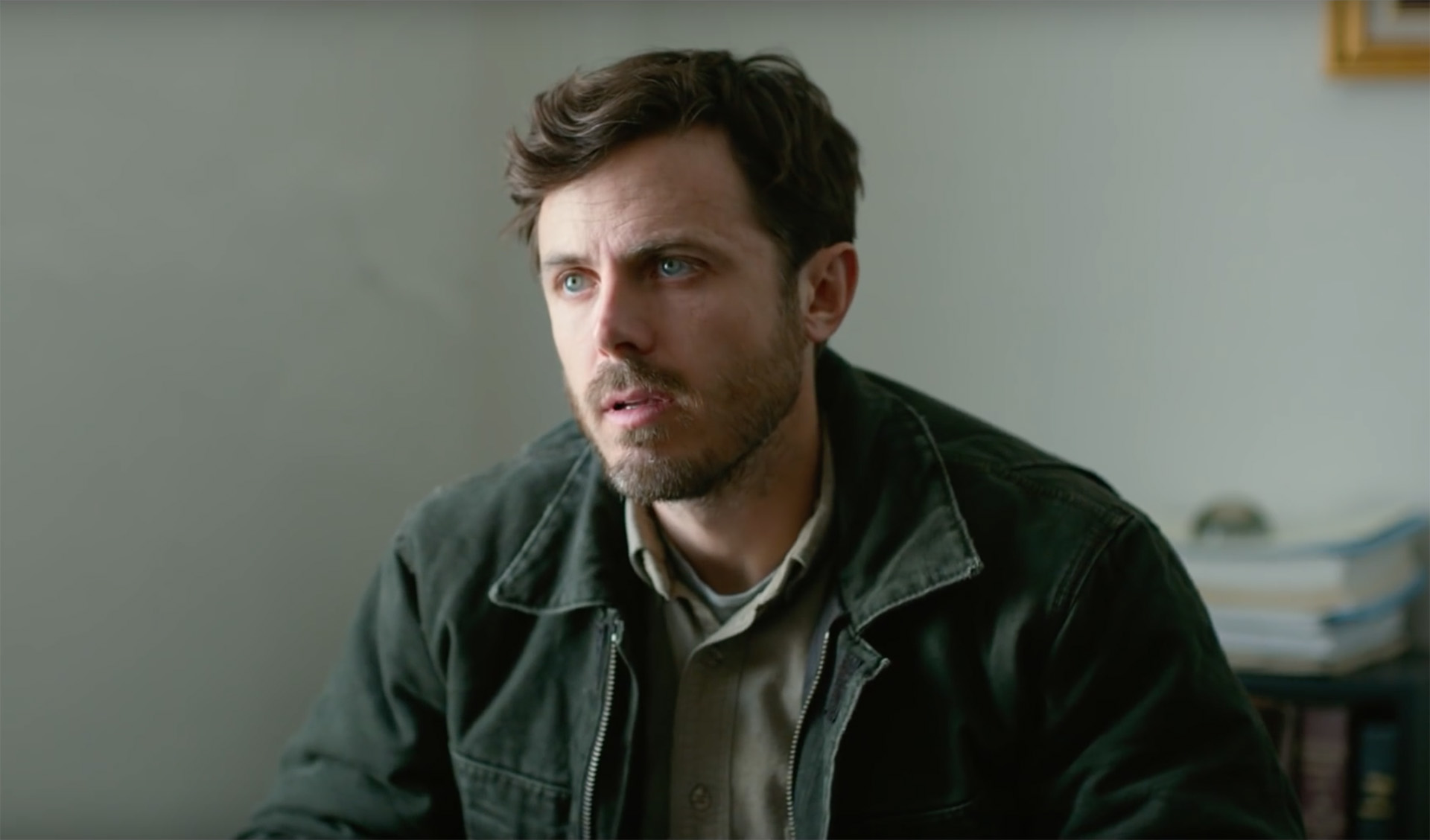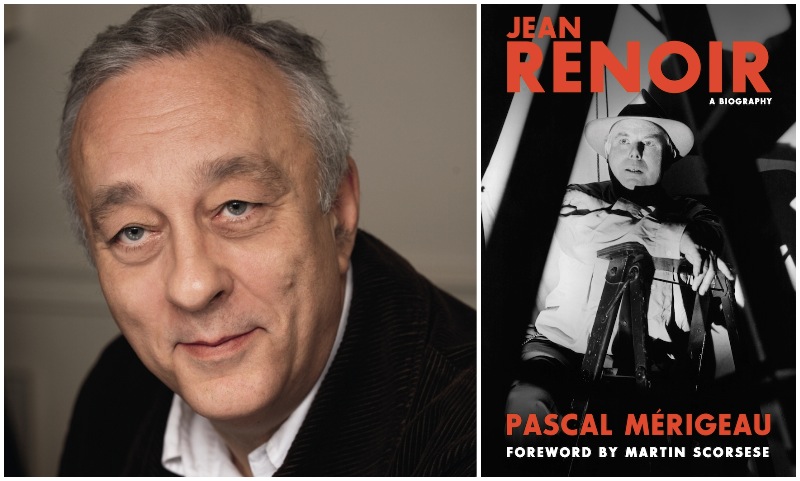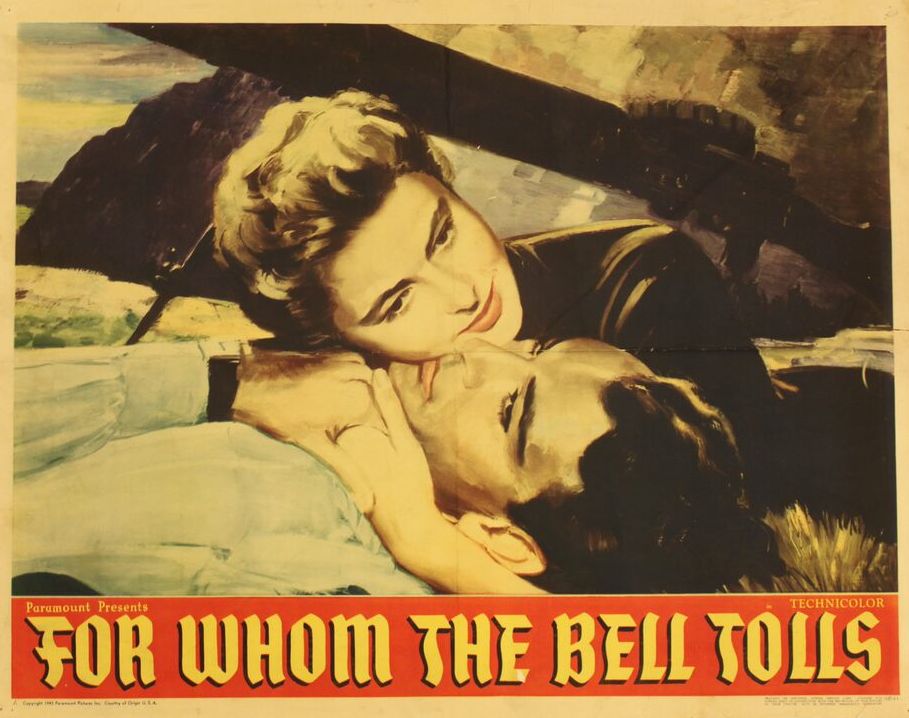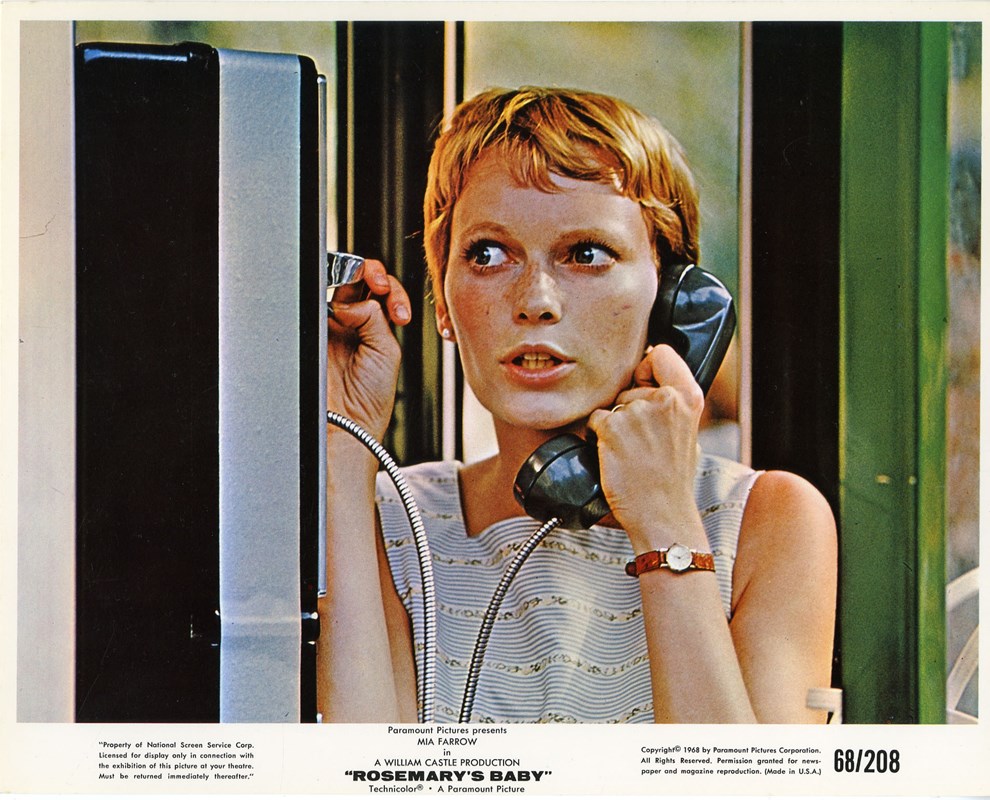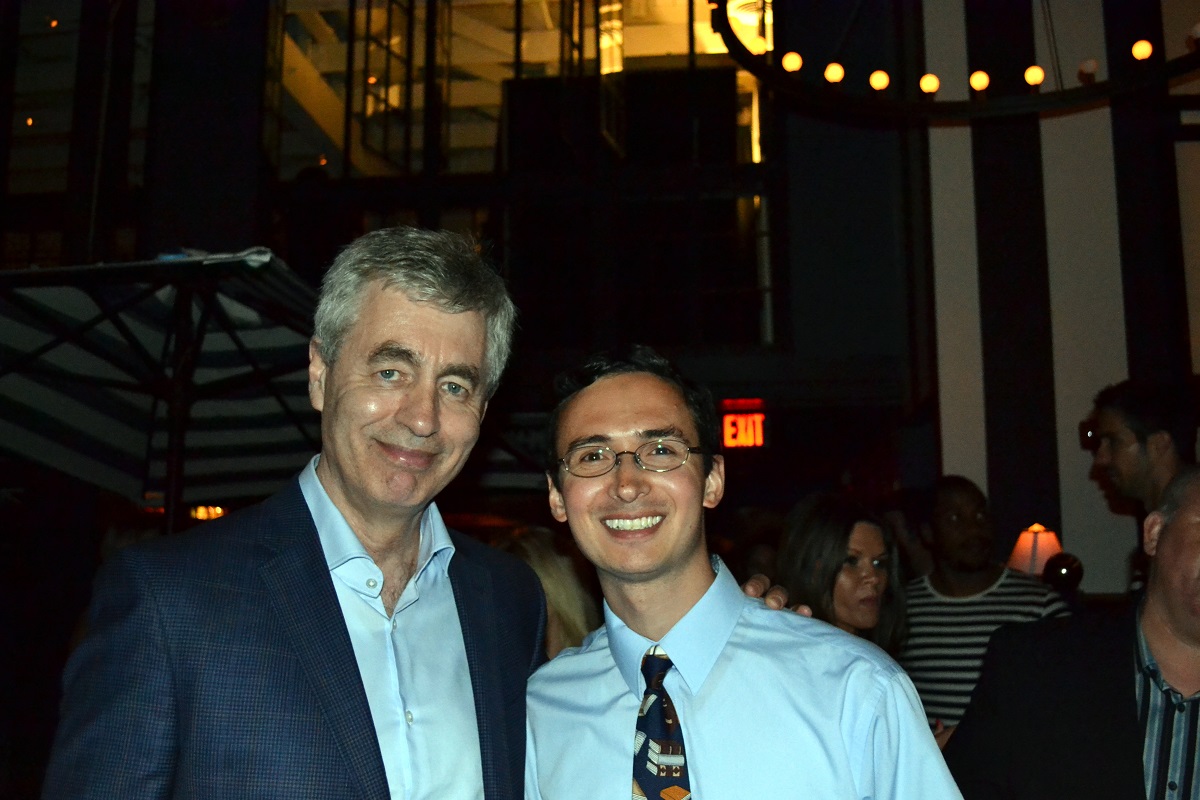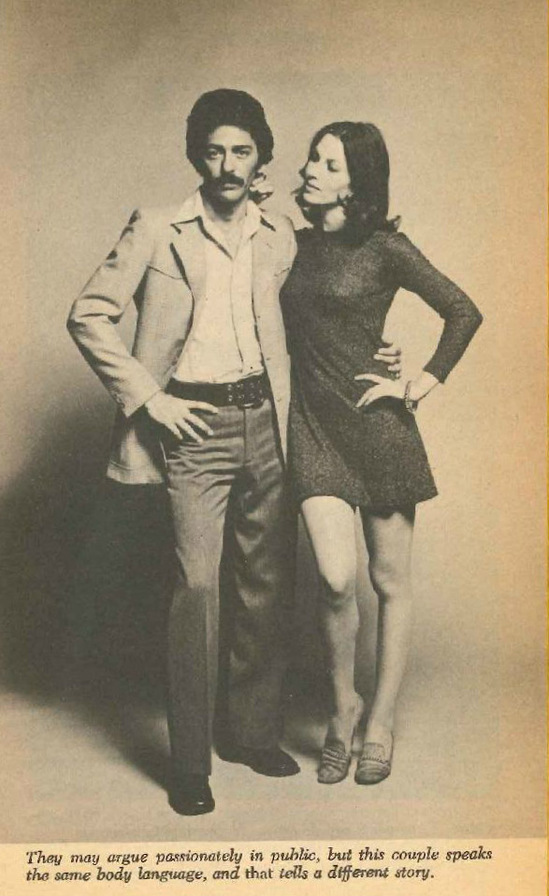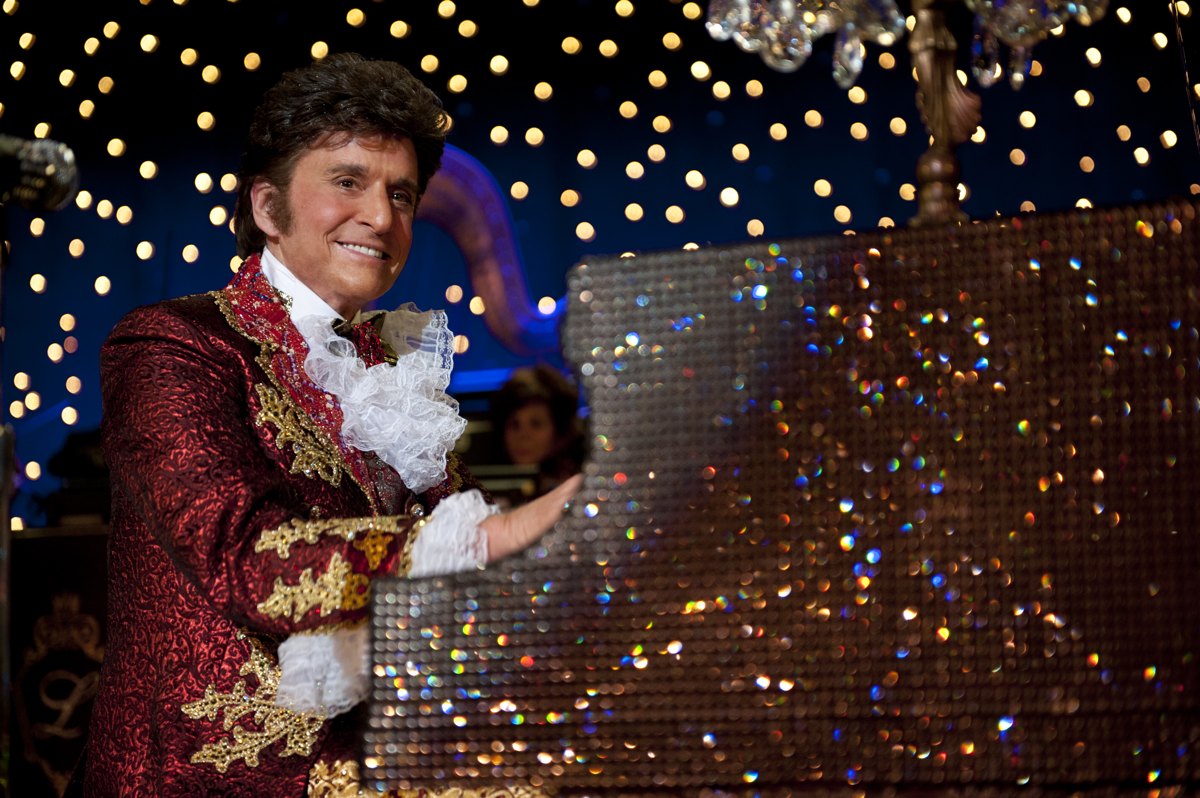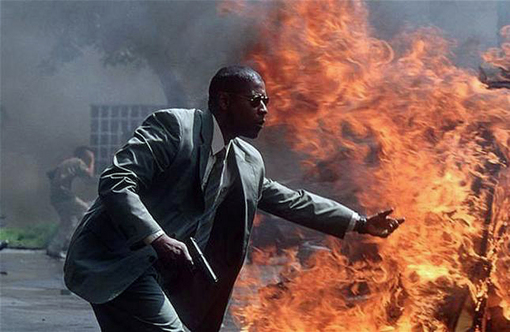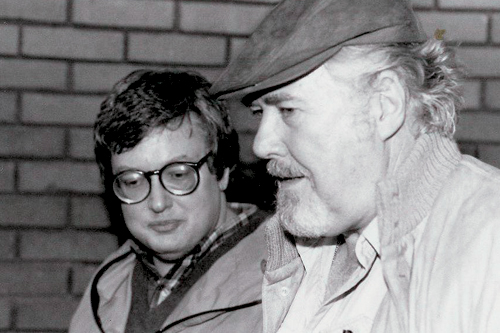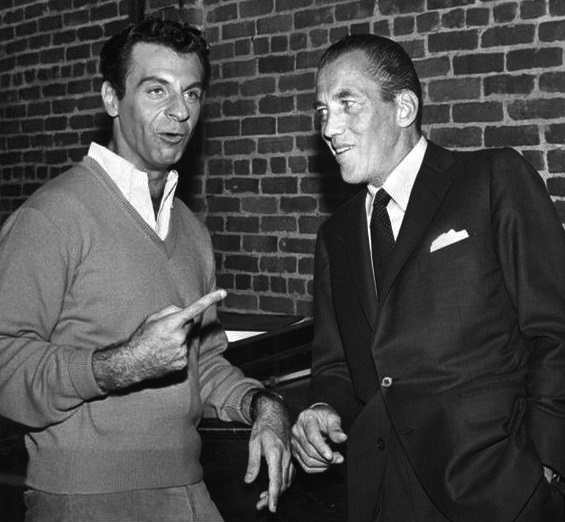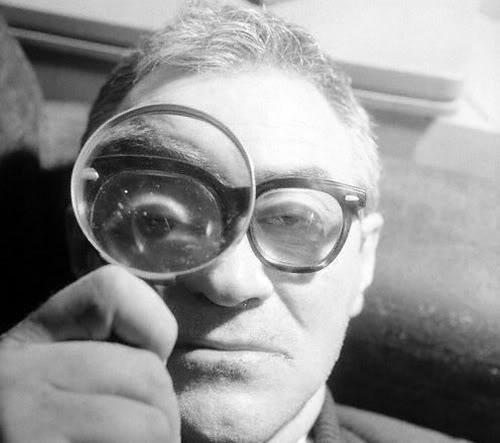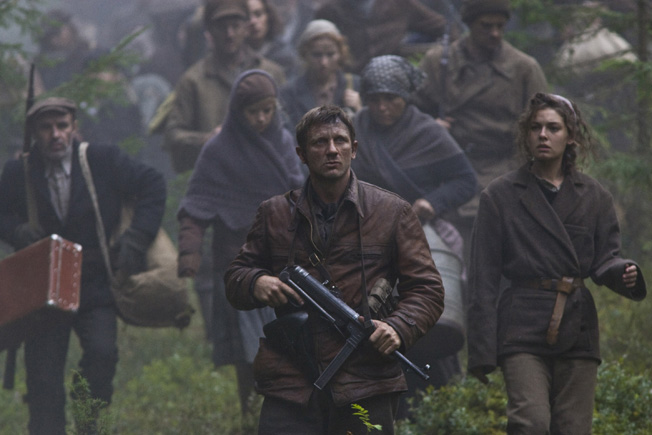William Faulkner Movie Reviews
Blog Posts That Mention William Faulkner
Cannes: Yacht parties, Faulkner, and cannibal families
Ben Kenigsberg
Robert Duvall: “Napalm, son. Nothing else in the world smells like that”
Roger Ebert
Book Excerpt: A Complicated Passion: The Life and Work of Agnès Varda by Carrie Rickey
The Editors
Metrograph Highlights Remarkable Career of Lee Chang-dong
Walter Chaw
2021 Chicago Critics Film Festival Preview
Brian Tallerico
Being Human Is Heroic: Melora Walters on Waterlily Jaguar, Drowning, Magnolia and More
Matt Fagerholm
NYFF 2020: City Hall, Swimming Out till the Sea Turns Blue, Hopper/Welles
Godfrey Cheshire
A Canvas of Veracity: Aaron Schneider on Directing Greyhound
Nell Minow
Thumbnails 9/23/19
Matt Fagerholm
Venice Film Festival 2018: Suspiria, Peterloo, The Ballad of Buster Scruggs, Non-Fiction
Glenn Kenny
Book Excerpt: It’s Okay With Me: Hollywood, The 1970s, and the Return of the Private Eye by Jason Bailey
The Editors
If We Picked the Winners 2017: Best Actor
Patrick Z. McGavin
A Supreme Artist: Pascal Mérigeau on “Jean Renoir: A Biography”
Patrick Z. McGavin
Book Excerpt: “Hidden Hemingway: Inside the Ernest Hemingway Archives of Oak Park” by Robert K. Elder, Aaron Vetch and Mark Cirino
The Editors
Thumbnails 8/21/15
Matt Fagerholm
Look Away, Dixie Land: Reflections on Life in the South, Racist Iconography, and Alan Moore’s Swamp Thing
Chaz Ebert
Interview: Ebert Club Member Greg Salvatore Responds to “Life Itself”
Sheila O'Malley
Thumbnails 10/18/2013
The Editors
Glamour Boys: Cannes Report, May 21, 2013
Barbara Scharres
Who the Devil Made It is a feast of memories, history and tall
Roger Ebert
Films on fire: Tony Scott and Christopher Nolan
Jim Emerson
Rogen. Franco. Pineapple. Tarantino. Ninjas.
Jim Emerson
How do they get to be that way?
Roger Ebert
Interview with Robert Duvall & Francis Coppola
Roger Ebert
Altman: Would you go to a movie that was hailed as a masterpiece?
Roger Ebert
Interview with Mort Sahl
Roger Ebert
James T. Farrell: “My past is considered better than my future.”
Roger Ebert
Does your intelligence provide little or no survival value?
Roger Ebert
Movie Answer Man (01/01/1994)
Roger Ebert
Popular Reviews

The best movie reviews, in your inbox
